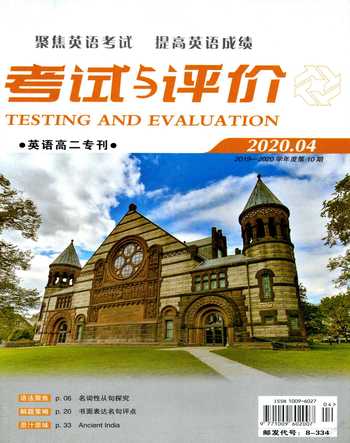Tomb-sweeping Day
柳正宜
Tomb-sweeping Day, also known as
Qingming Festival, as after this day the weather will become pure and warm in the coming new season. The date of the Tomb-sweeping Day usually falls on the fourth, fifth, or sixth of April of Gregorian calendar. Being originated from the Zhou dynasty, it has a history as long as 2500 years. It is the day of worshiping ancestors and sweeping tombs.
Origin of the Tomb-sweeping Day
Although the actual reason of this festival varies a lot among the scholars, there is one mainly accepted theory holds the thought that The festival was actually established by Chonger, the Duke Wen of Jin, during the Spring and Autumn period. The legand goes that during Chongers years of exile (流放), his retainer Jie Zitui has always following him by his side proofing his loyalty without any hesitation. Once, Jie Zitui even cut meat from his own thigh to provide soup for Chonger to survive when there was no food to be found. Chonger was deeply moved after he learned the fact. Nineteen years later, Chonger was enthroned as the Duke Wen of Jin. Jie Zitui, being so upright, thought his service was done and retired back in mountains with his mother. Chonger rewarded most of his retainers but simply just forgot Jie Zitui. When he was reminded of his careless, he was awfully regret and set out a troop to mountain trying to find Jie. While Jie, being a loyal retainer, he only appears at the time he was most needed rather than being an important marshal (元帥) in his kingdom, had made up his mind not to come out. Then Chonger had the mountain burn to ground in hope the fire could force him out. Yet only found out Jie Zitui had died under a willow tree with his mother already. Leaving Chonger a letter saying “May my loyalty proof my heart is pure and may you rule your kingdom bright and pure”.
Activities on the Tomb-sweeping Day
Visiting Ancestors Graves
It is also a Tomb-Sweeping Day for some Chinese people, on which people visit their ancestors graves, pay respects to the dead and hold memorial ceremonies in honor of their ancestors. This is one of many ways to express their filial (子女的) love. As part of honoring the dead, people would also spend some time cleaning the grave area, and offer food drinks and joss papers to their ancestors. They would uproot the weed, plant some new trees, wipe the tombstones and decorate it with fresh flowers.
Kiteflying
Kiteflying is also a popular activity on Qing Ming Festival. Every year when it comes to this day, people would love to go out to fly a kite with their loved ones. This tradition has been kept till today. While in history, people would even fly kites at night, with a few lightened cute lanterns hanging on the strings of many kites, there would be an astonishing view that as if many new bright stars had been hang on the stary sky at night together with those delicate kites. Some people would also cut the string off and set their kites free far up soaring in the sky, in doing this, people believe that all your troubles can be set away.

